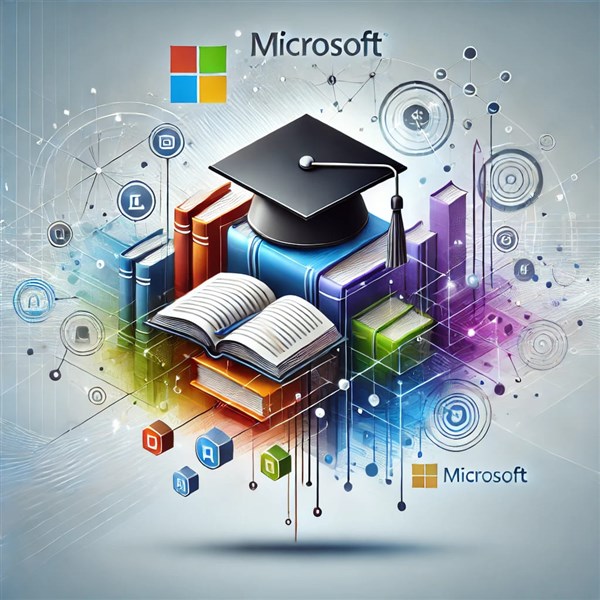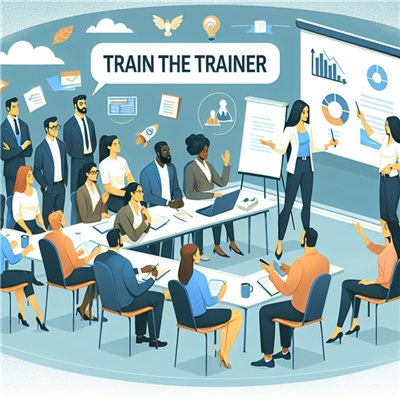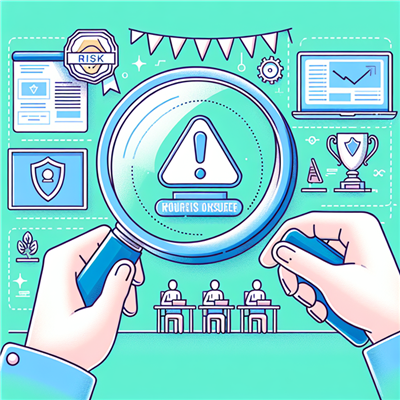
In today’s education landscape, technology integration is no longer optional—it’s essential. Microsoft, a leader in education technology, offers certifications tailored for educators to master digital tools and methodologies, enhancing both teaching and learning outcomes. If you're an educator looking to improve your teaching strategies, gain recognition, and stay ahead in the digital classroom revolution, Microsoft Education Certifications are your key.
Introduction to Microsoft Education Certifications
Microsoft Education Certifications are designed to help teachers, trainers, and administrators effectively use Microsoft tools such as Office 365, Teams, OneNote, and more to create dynamic, engaging, and inclusive learning environments. By earning these certifications, educators not only develop technical skills but also validate their expertise in utilizing technology to drive student success.
Why Pursue Microsoft Education Certifications?
1. Enhance Your Teaching Skills
Microsoft certifications focus on practical applications of technology in education. They teach you how to incorporate tools like PowerPoint, Excel, and Teams into your teaching, enabling collaborative and interactive lessons.
2. Validate Your Expertise
Having a Microsoft certification on your resume demonstrates your proficiency in using advanced tools to create effective learning environments. It’s a great way to stand out in a competitive job market.
3. Stay Updated with Educational Technology
Microsoft continually evolves its tools. Certifications ensure you’re always up to date with the latest features, trends, and best practices in ed-tech.
4. Advance Your Career
Whether you’re aiming for leadership roles or specialized teaching positions, certifications provide a clear path for professional growth.
Top Microsoft Education Certifications
Here’s a closer look at the most sought-after Microsoft Education Certifications that can significantly boost your teaching career:
1. Microsoft Certified Educator (MCE)
The MCE certification is ideal for educators who want to integrate ICT (Information and Communication Technology) into their teaching. This certification focuses on the 21st-century learning design framework, which emphasizes critical thinking, collaboration, and communication.
-
Skills Covered:
- Using technology to enhance lesson planning and delivery.
- Encouraging student-centered learning.
- Assessing and managing ICT-integrated classrooms.
- Who Should Pursue It?
- K-12 teachers, trainers, and education administrators.
2. Microsoft Innovative Educator (MIE)
The MIE certification program recognizes educators who are passionate about improving student outcomes through technology. This certification has multiple levels, including MIE Certified, MIE Trainer, and MIE Expert.
-
Skills Covered:
- Using Microsoft tools like OneNote, Sway, and Forms to create engaging lessons.
- Managing hybrid and remote learning environments.
- Building inclusive classrooms with accessibility features.
- Who Should Pursue It?
- Educators looking for professional growth and collaboration opportunities with peers worldwide.
3. Microsoft Teams Certification for Education
This certification focuses on using Microsoft Teams to create a collaborative virtual classroom environment. It’s particularly relevant for educators managing remote or hybrid classrooms.
-
Skills Covered:
- Setting up and managing Teams for classrooms.
- Conducting virtual lessons with live chat and file sharing.
- Assessing student performance and feedback using integrated tools.
- Who Should Pursue It?
- Educators adapting to online or blended teaching models.
4. Microsoft Certified Trainer (MCT)
The MCT program is for educators who want to train others in using Microsoft technologies. It’s a professional-level certification that positions you as a leader in education technology.
-
Skills Covered:
- Delivering Microsoft-authorized training programs.
- Developing customized training plans for schools or institutions.
- Advanced knowledge of Microsoft tools and services.
- Who Should Pursue It?
- Experienced educators looking to train peers or transition into corporate training roles.
5. Microsoft Office Specialist (MOS)
While not exclusive to educators, the MOS certification validates your expertise in using Microsoft Office tools. It’s a foundational certification that complements other education-focused certifications.
-
Skills Covered:
- Proficiency in Word, Excel, PowerPoint, and Outlook.
- Using Office tools to automate grading, track student progress, and create engaging presentations.
- Who Should Pursue It?
- Educators wanting to improve efficiency and productivity in daily tasks.
Benefits of Microsoft Education Certifications
1. Improved Teaching Strategies
Microsoft certifications equip educators with innovative ways to integrate technology into their classrooms. For example, using Teams for group projects or OneNote for interactive lessons can enhance student engagement.
2. Increased Employability
Schools and institutions often prefer hiring tech-savvy educators. Certifications make you a preferred candidate for roles that require technology expertise.
3. Networking Opportunities
Programs like the MIE Expert certification allow you to connect with a global community of educators, fostering collaboration and idea-sharing.
4. Student-Centered Learning
By mastering tools like Forms and Sway, you can create lessons tailored to individual learning styles, ensuring no student is left behind.
5. Lifelong Learning
The continuous learning journey associated with certifications ensures that you remain a valuable asset in the ever-evolving education sector.
How to Get Started with Microsoft Education Certifications
- Choose the Right Certification Assess your current skills and career goals to select the most relevant certification.
- Utilize Free Resources Microsoft Learn offers free online courses tailored to each certification. Take advantage of these resources to prepare effectively.
- Practice with Microsoft Tools Familiarize yourself with tools like Teams, OneNote, and Excel through hands-on practice.
- Take the Exam Register for the certification exam through an authorized testing center or online platform.
- Join Microsoft Communities Engage with Microsoft education forums and networks to stay motivated and informed.
Conclusion
Incorporating technology into education is no longer optional, and Microsoft Education Certifications are the perfect way to bridge the gap between traditional teaching methods and modern technological tools. Whether you’re looking to advance your career, improve student outcomes, or simply stay relevant in a tech-driven world, these certifications provide the skills and recognition you need.
Start your certification journey today and transform the way you teach!
In conclusion, Microsoft Education certifications are an excellent way for educators to enhance their career prospects. Whether you're a seasoned educator looking to update your skills or a novice looking to break into the field, these certifications can provide the training and validation you need to succeed. With Koenig Solutions, you can be assured of top-notch training that prepares you for these valuable certifications.







COMMENT